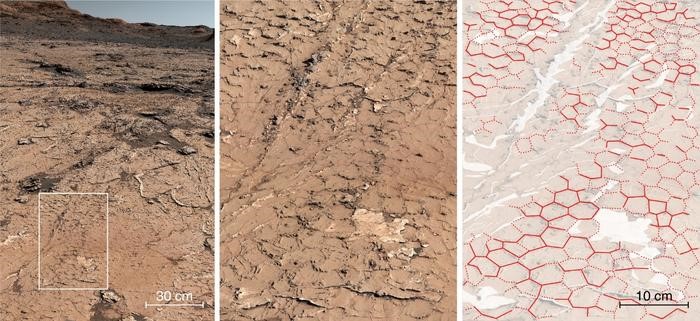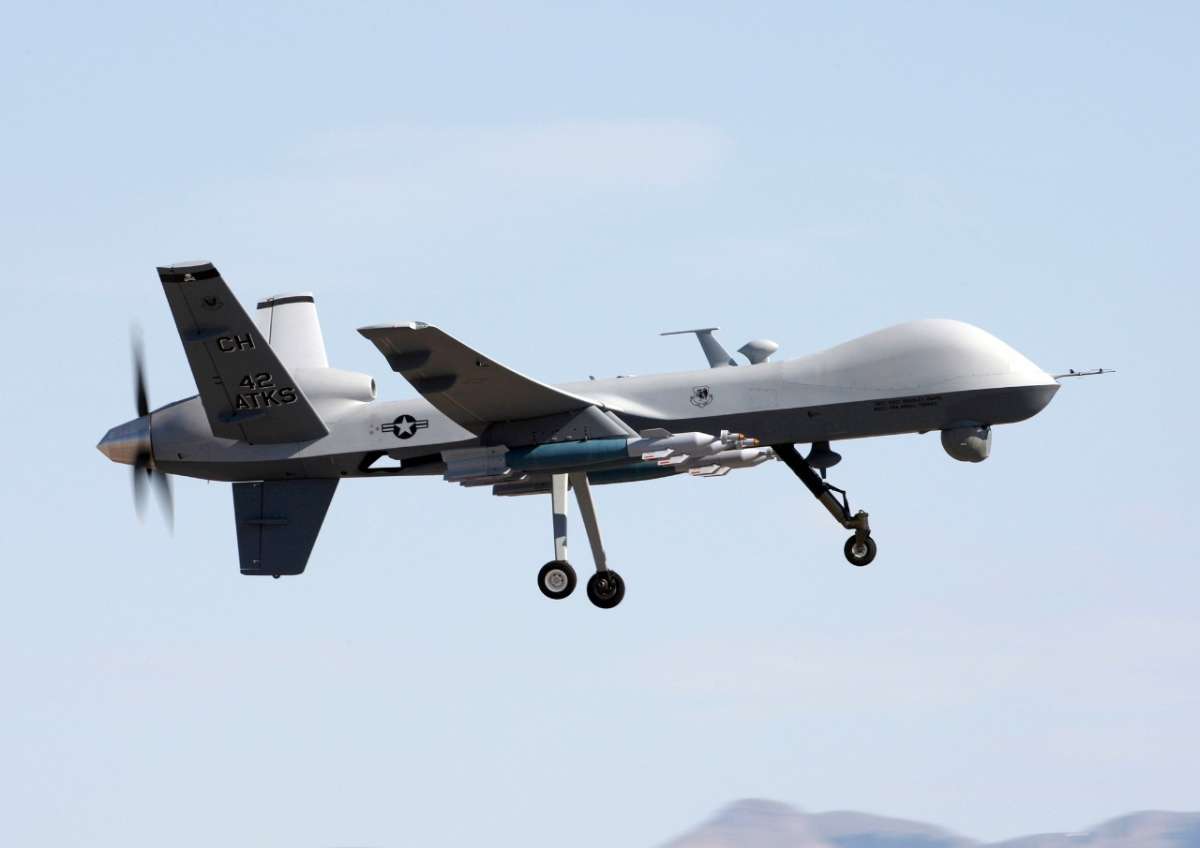The innovative analytical method does not rely simply on identifying a specific molecule or group of compounds in a sample…reports Asian Lite News
Scientists have developed a novel Artificial Intelligence-based method that can test for signs of past or present life on Mars and other planets.
In the journal ‘Proceedings of the National Academy of Sciences’ (PNAS), the team said their Artificial Intelligence (AI) -based method can distinguish modern and ancient biological samples from those of abiotic origin with 90 per cent accuracy.
“The search for extraterrestrial life remains one of the most tantalising endeavours in modern science,” said lead author Jim Cleaves of the Earth and Planets Laboratory, Carnegie Institution for Science, Washington, DC.
“The implications of this new research are many, but there are three big takeaways: First, at some deep level, biochemistry differs from abiotic organic chemistry; second, we can look at Mars and ancient Earth samples to tell if they were once alive; and third, it is likely this new method could distinguish alternative biospheres from those of Earth, with significant implications for future astrobiology missions,” Cleaves said.
The innovative analytical method does not rely simply on identifying a specific molecule or group of compounds in a sample.
Instead, the researchers demonstrated that AI can differentiate biotic from abiotic samples by detecting subtle differences within a sample’s molecular patterns as revealed by pyrolysis gas chromatography analysis (which separates and identifies a sample’s component parts), followed by mass spectrometry (which determines the molecular weights of those components).
Vast multidimensional data from the molecular analyses of 134 known abiotic or biotic carbon-rich samples were used to train AI to predict a new sample’s origin.
With approximately 90 per cent accuracy, AI successfully identified samples that had originated from: Living things, such as modern shells, teeth, bones, insects, leaves, rice, human hair, and cells preserved in fine-grained rock; remnants of ancient life altered by geological processing (e.g. coal, oil, amber, and carbon-rich fossils) or samples with abiotic origins, such as pure laboratory chemicals (e.g., amino acids) and carbon-rich meteorites.
The researchers said that until now the origins of many ancient carbon-bearing samples have been difficult to determine because collections of organic molecules, whether biotic or abiotic, tend to degrade over time.
Surprisingly, in spite of significant decay and alteration, the new analytical method detected signs of biology preserved in some instances over hundreds of millions of years.
“These results mean that we may be able to find a life form from another planet, another biosphere, even if it is very different from the life we know on Earth. And, if we do find signs of life elsewhere, we can tell if life on Earth and other planets derived from a common or different origin,” said Dr. Robert Hazen, from the laboratory.














